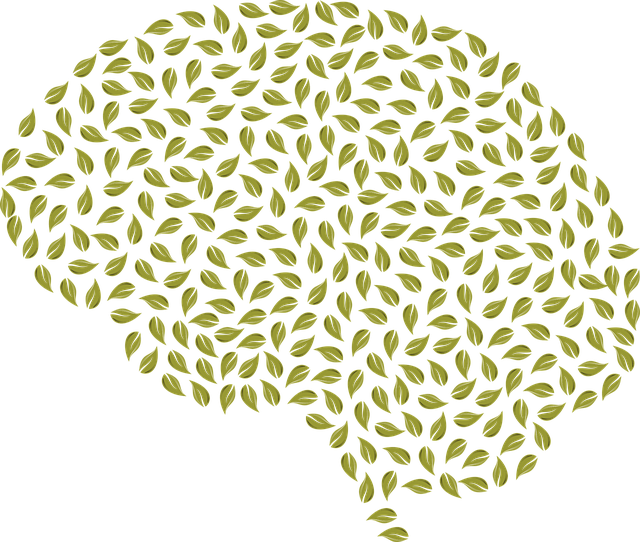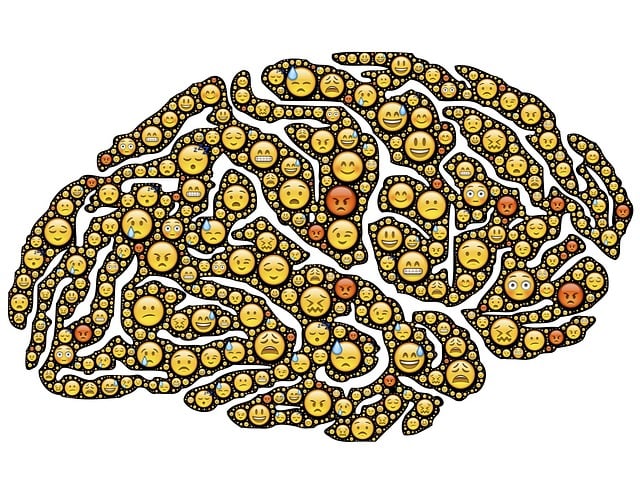Mental health advocacy for children is crucial, addressing unique challenges like peer pressure, academic demands, and potential trauma from abuse or neglect. Early therapy equips kids with coping strategies and promotes positive thinking. Cultural sensitivity in mental healthcare fosters trust and open communication. Specialised therapy for abused children helps develop resilience, process traumatic memories, and build healthy relationships. A holistic approach combining tailored therapy sessions and community outreach programs normalizes conversations about mental well-being, ensuring children receive necessary support for healing and recovery. (Keywords: Therapy for Children, Child Abuse)
Mental health advocacy initiatives play a crucial role in addressing the unique challenges faced by children. This article delves into two key aspects: understanding child mental health and advocating for vulnerable youth, particularly those affected by childhood abuse. We explore the profound impact of early life trauma on psychological well-being and present effective strategies for promoting healing and recovery through evidence-based therapy for children. By examining these critical areas, we aim to empower advocates and foster a supportive environment for children’s mental health.
- Understanding Child Mental Health and Advocacy
- The Impact of Childhood Abuse on Psychological Well-being
- Effective Strategies for Promoting Healing and Recovery in Children
Understanding Child Mental Health and Advocacy

Mental health advocacy for children is a critical aspect of ensuring their overall well-being and future success. Understanding child mental health involves recognizing that young individuals face unique challenges, from peer pressure and academic expectations to potential trauma from child abuse or neglect. Early intervention through therapy for children can significantly impact their ability to develop coping mechanisms and maintain positive thinking, even in the face of adversity.
Advocacy initiatives must also consider cultural sensitivity in mental healthcare practice. Different communities have distinct beliefs and values that shape perceptions of mental health and appropriate treatment methods. By incorporating these perspectives into care plans, advocates can create inclusive environments that foster trust and encourage children to express their feelings openly. This holistic approach, which addresses both the mind and the heart, is key to providing effective anxiety relief and nurturing a sense of well-being in young people.
The Impact of Childhood Abuse on Psychological Well-being

Childhood abuse has profound and lasting effects on a child’s psychological well-being. It can disrupt their sense of safety, trust, and self-worth, leading to long-term mental health challenges. Experiences such as physical, emotional, or sexual abuse can cause trauma that manifests in various ways throughout life. Many survivors struggle with anxiety, depression, and post-traumatic stress disorder (PTSD), hindering their ability to form healthy relationships and achieve personal milestones.
Early intervention through therapy for children who have experienced abuse is crucial. Therapists skilled in working with young survivors can help them develop coping skills and improve self-esteem. By providing a safe space, these therapists enable children to process their traumatic experiences and learn effective stress management techniques, fostering resilience as they grow up.
Effective Strategies for Promoting Healing and Recovery in Children

Promoting healing and recovery in children is a multifaceted approach that requires addressing both individual and collective well-being. One effective strategy involves therapy for children, specifically tailored to meet their unique needs. Play therapy, art therapy, and cognitive behavioral therapy (CBT) are popular methods that encourage self-expression and emotional regulation. These therapies create safe spaces for children to process traumatic experiences, fostering resilience and healthy coping mechanisms.
Complementing these therapeutic practices, community outreach program implementation plays a crucial role in early intervention. By educating parents, caregivers, and communities about mental health, we can identify signs of distress earlier. Encouraging self-awareness exercises and promoting self-care practices within families helps normalize conversations around mental well-being. This collective effort ensures that children receive the necessary support, fostering an environment conducive to their healing and recovery.
Mental health advocacy plays a pivotal role in ensuring children receive the support they need to thrive. By understanding the profound impact of childhood abuse on psychological well-being, we can implement effective strategies like therapy for children to promote healing and recovery. These initiatives are essential steps towards creating a safer and more supportive environment for all young minds.








